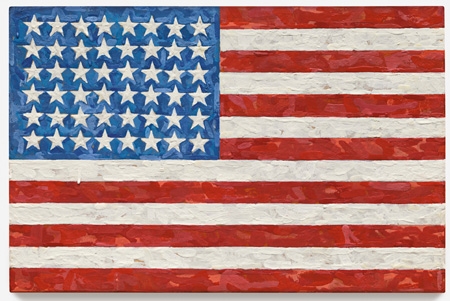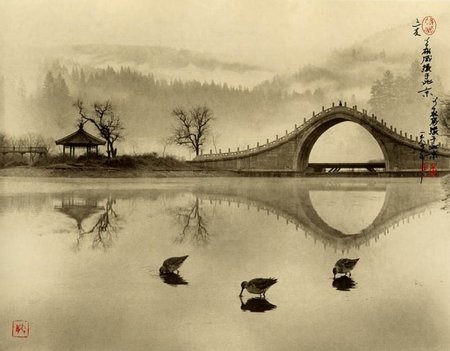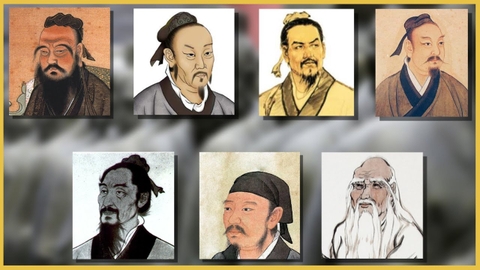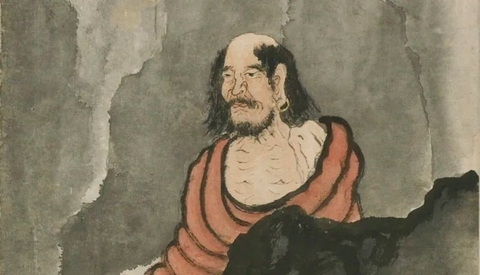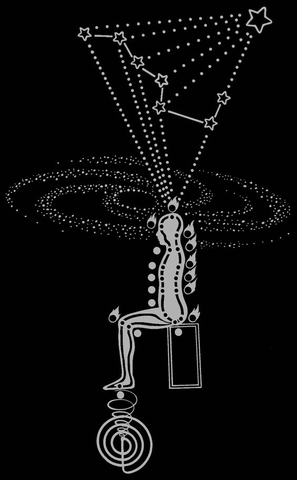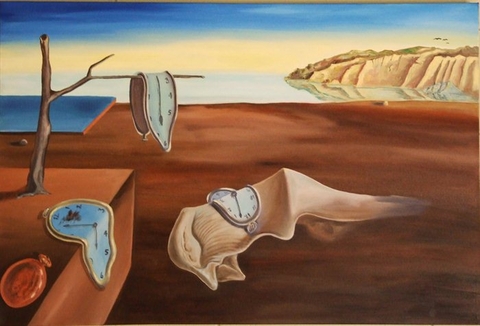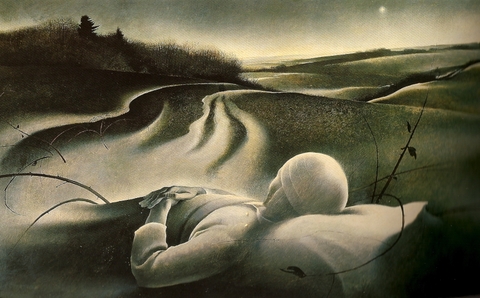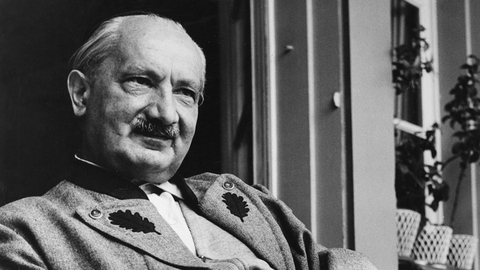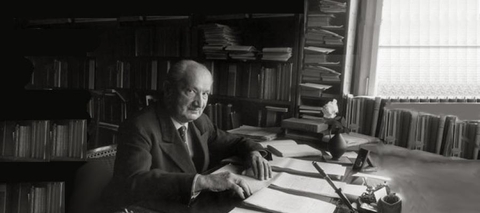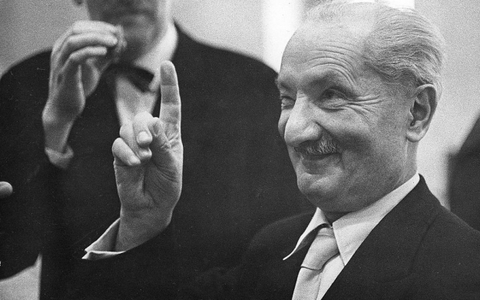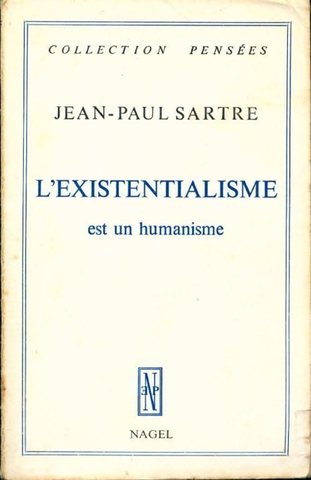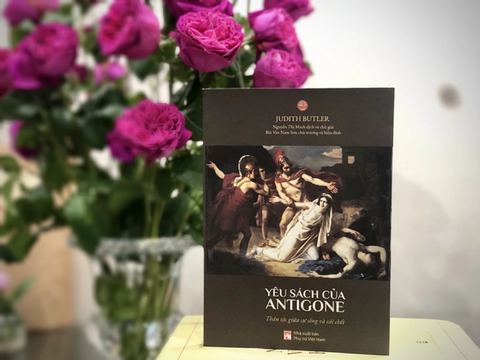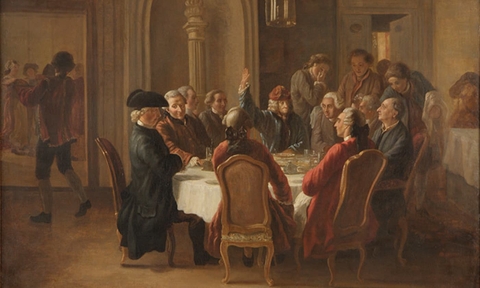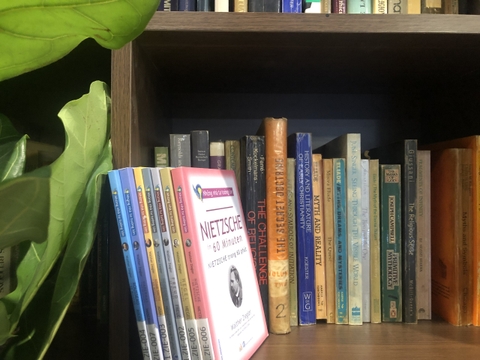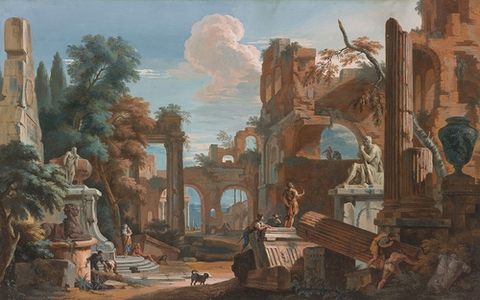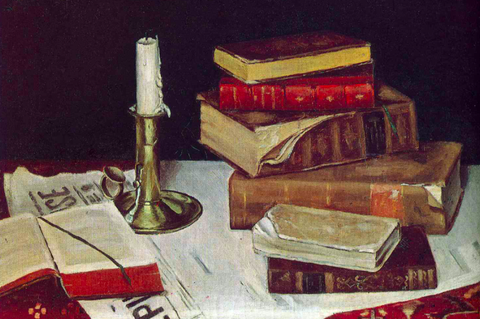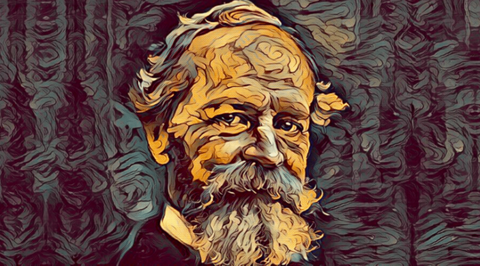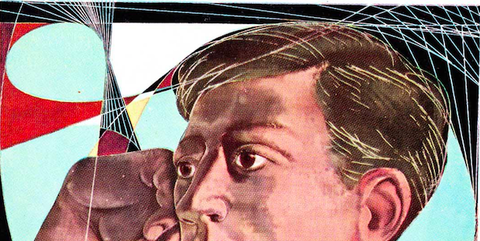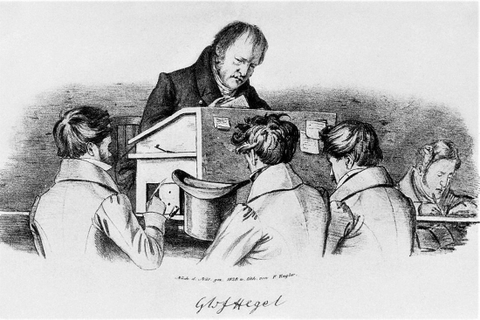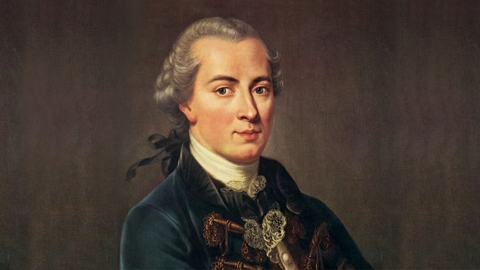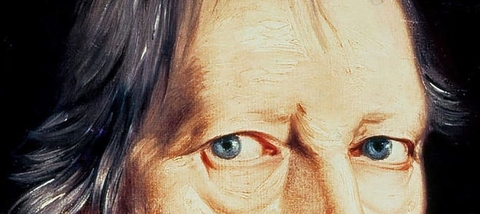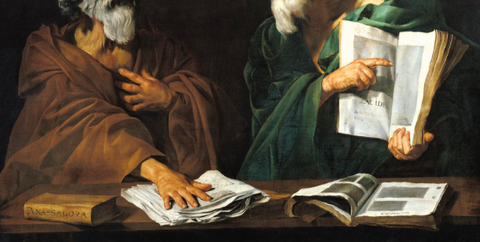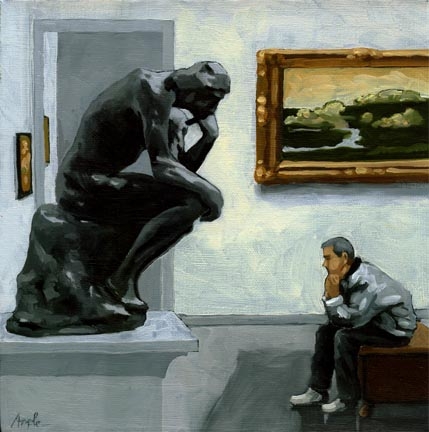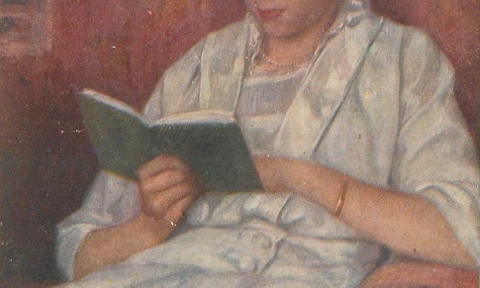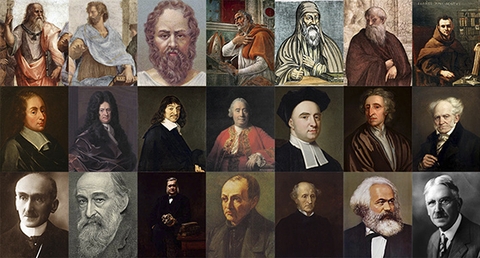(A summary of an interview with Professor Tu Weiming (Do Duy Minh) by Trung Van published in the anthology of Confucianism, Tradition, Tradition, Modern Transformation, edited by Nhac Hoa (China's Quang Ba Dien Thi Publishing House, 1992), pages 173 to 191.)
Vietnamese translation: Dr. Duong Ngoc Dung
Formation of a unique solipsistic consciousness in Chinese culture
Interviewer: When people mention a conservatism inherent in Chinese culture itself, it is common to raise an issue of "uniqueness" (only one is worthy of respect). From ancient times, Chinese culture has had a unique solipsistic consciousness, a kind of inhuman tendency (items are not necessary). This tendency not only attacks cultural flows coming from abroad, but also increases the character of Chinese culture. What do you think about this matter?
Do Duy Minh: This issue has also been discussed by Phi Chi Khanh (John K. Fairbank). There is a view as follows: because China is a big country with the so-called “ traditional rites”, has a unique solipsistic sense, considers outsiders as ethnic groups who must pay tribute, because they have special interests. Because they have things to petition for us, and we have nothing to ask of them.
Once they arrived in China, we had to use a series of rituals to transform them into gods who were tasked with worshiping the throne. From the Tang dynasty on, the situation was like that, until the Ming dynasty it developed into a relatively obvious kind of narcissism. This kind of egotistical extravagance makes it difficult for China to meet the challenge of Western culture in a realistic, definitive way. The so-called "Nam Man, Dong Di, Tay Nhung, Bac Dich" have nothing to say, only China is the nucleus of civilization. This represents a very intense culture, even a sort of racial chauvinism.
I think that for the above statements, it is necessary to make a distinction at deeper levels. There's no denying that China does have a kind of self-centered cultural ideology, but behind the big screen the situation can be very complicated. During the Tang dynasty, Chinese culture developed to its peak, but the Tang dynasty did not have theism of considering Huaxia culture as the center, but had a great spirit of tolerance and synthesis. After the Tang dynasty, the Han ethnic group in China not only fell into the state of national weakness, but also suffered from a particularly great threat from the steppe peoples (such as the Mongols), the forest peoples (such as the Kim), China's central cultural perspective and the life-or-death experience it has to endure are closely related. Especially in the period of nearly a thousand years of history, the concept of solipsism is very difficult to convince. During the Song dynasty, for Lieu, Kim, and Nguyen many times, they had to accept the title "god". Chu Xi, a thinker with a very strong sense of Huaxia culture, but still with deep feelings of anxiety and fear, he fears that the dynamics of the center of the world are no longer within China. Moreover, China was invaded by outsiders and had to face national disaster. By the Nguyen dynasty, eighty years, completely subjected to the interference of foreign culture, the intellectuals were turned into a kind of "old-timer" (stale, stinky old man). Until the Ming dynasty, the situation of border defense was always complicated and tense. On the one hand, they had to worry about Mongolia, because Mongolia was able to recover, and on the other hand, they had to deal with Manchuria. The situation is unpredictable, even the emperor is arrested. In such a situation, it is not easy to want to have a sense of grandeur. A strong sense of danger is expressed in the work of Vuong Phu Chi and the slogan proposed by Co Viem Vo: "the world is dying, the commoner is responsible" (whether the nation is stable or broken, the common people are also partly responsible), all showing that is not a unique, self-centered solipsistic consciousness, but it should be said that it is a sense of anxiety about the survival of the nation.
The so-called unique solipsistic consciousness, mainly formed in the Qing dynasty. Manchu was a dynasty founded by invaders into China. With the aim of completing the control of internal affairs, the Qing government used a cultural strategy completely similar to that of Confucianism. Sun Confucius (revering Confucius, studying Confucian classics), those are the things that the Ming government could not do, but the Qing dynasty did. It can be said that the Qing dynasty has completely disarmed the Chinese intellectuals, and the intelligentsia's judgment on some major issues has also been disturbed by politics. At the same time, the intelligentsia, especially the Han intelligentsia, when they are no longer able to govern the country, feel that they are completely separated from the times and no longer belong to this era. Therefore, the so-called extravagant disease of the imperial dynasty has not yet fully developed after the Song dynasty, and the unique sense of solipsism of the Qing dynasty is also due to the hundred years of time without contact with foreign countries. Western culture is completely ignorant of the difficult situation created by itself.
Interviewer: But we fear that it would be difficult to use the state's decaying situation to deny the existence of a unique solipsistic consciousness. During Emperor Wu's reign, Dong Zhongshu demanded "decommissioning of all masters and uniqueness of Confucianism," which was indeed a slogan against all kinds of ideas that differed from him academically or culturally. After Dong Zhongshu's so-called Confucianism became the official culture of China, the spirit of "denunciation" and "uniqueness" was feared to have become a distinctive feature of Chinese culture. Even when the country is in decline, it is easy to provoke feelings of "uniqueness" to take a step forward, because people who are weak in regard to self-esteem sometimes also have guilt, not only that. but this guilt sometimes becomes too much. I'm afraid that this is the phenomenon of "low self-esteem turns into self-esteem complex" (return target emotion)?
Do Duy Minh: Regarding the issue of "single and unique" I think it can be explained from two angles. From the first perspective, Confucianism assumes the morphological function of a kind of state religion, which, after all, has been maintained in China for a very long time and has great influence. The second angle, Confucianism in China, in addition to playing the role of an official form of consciousness, for Chinese society, especially for many classes of the people, through many different ways that it develops. influence generation. I think we have overstated the influence of orthodox Confucianism on the state domain. Although the issue of the Han dynasty promulgating the "unique Confucianism" is true, Emperor Wu was not an acceptor of Confucian thought, he was completely like Qin Shi Huang, very fond of creating wars. He was a great man, was fascinated by the magicians, and had a very strong legalist ideology, for example, his use of Tang Hoang Duong was a victory of the Pharisee sect, this is reflected in the work of Yan theory. Moreover, Wei Jin and Sui Tang were not dynasties that worshiped Confucianism, and it was not until the Yuan dynasty that the Four Books of the Five Classics became the standard for the examination system. I do not deny the great influence of Confucianism in Chinese political culture, serving as a standard principle in governing the country, but in the final analysis there is still an osmosis in which many factors of French thought. I just want to be wary of the views of many people: The reason that Confucianism can permeate all aspects of social life and all classes of people is not entirely political, but also for many factors. As we can recall, Confucianism in the Han dynasty, despite having a very high position, still could not be arbitrarily criticized for the Hoang Lao theory prevailing in society. Wei Tan can be said to be the period when Confucianism gradually grasped its position, at the time respected the clan, taught and studied family law, and made Confucianism, especially Kinh Do and Ritual School, develop in the architectural structure. society. But it is very difficult to explain this from a politicized perspective. Due to the invasion of China by foreigners, a large number of clans fled to the South, and because of the desire to maintain the clan status, certain norms and ideals were necessary. During the Tang Dynasty, the Confucian studies and rituals were more widely developed. But there is no doubt that, from the Wei Jin Dynasty to the Tang Dynasty, the dominant ideology was still Buddhist and mystical thought, if considered in terms of ideology, it was not until the Song and Confucian dynasties that it was established. Revival and revival, the new theories of body, mind, nature and destiny proposed by everyone, for Buddhism become a strong creative counterpart. Therefore, when considering the issue of Confucianism, it is not possible to explain only from the perspective of "unique Confucianism" or "single branch of excellence" (only one beautiful branch) to explain, but must consider the The meridians of Confucianism permeate all walks of life. From the Han dynasty until now, regardless of the dynasty, if you want to carry out the establishment of political structures, the role of Confucianism is needed. This can play an important role in political culture along with Confucianism, clearly reflecting the Chinese people's distinctive historical consciousness and cultural sensibility. I don't know if this will increase the sense of uniqueness of the Chinese people or the disease of egotism? I think that in this regard there are many specific circumstances that we are completely unaware of. Indeed, in the Qing Dynasty, we already knew that, but there must be deep causes and causes originating from previous eras.



